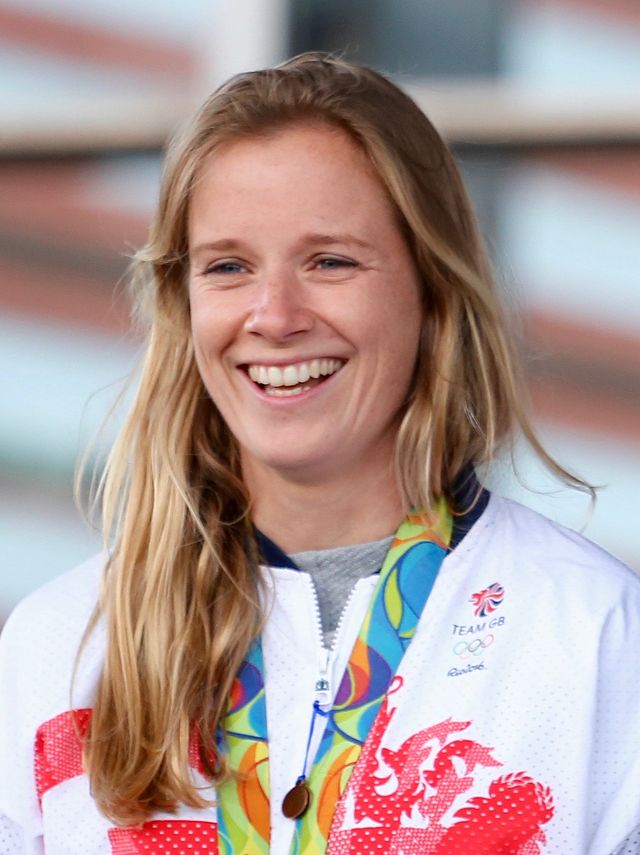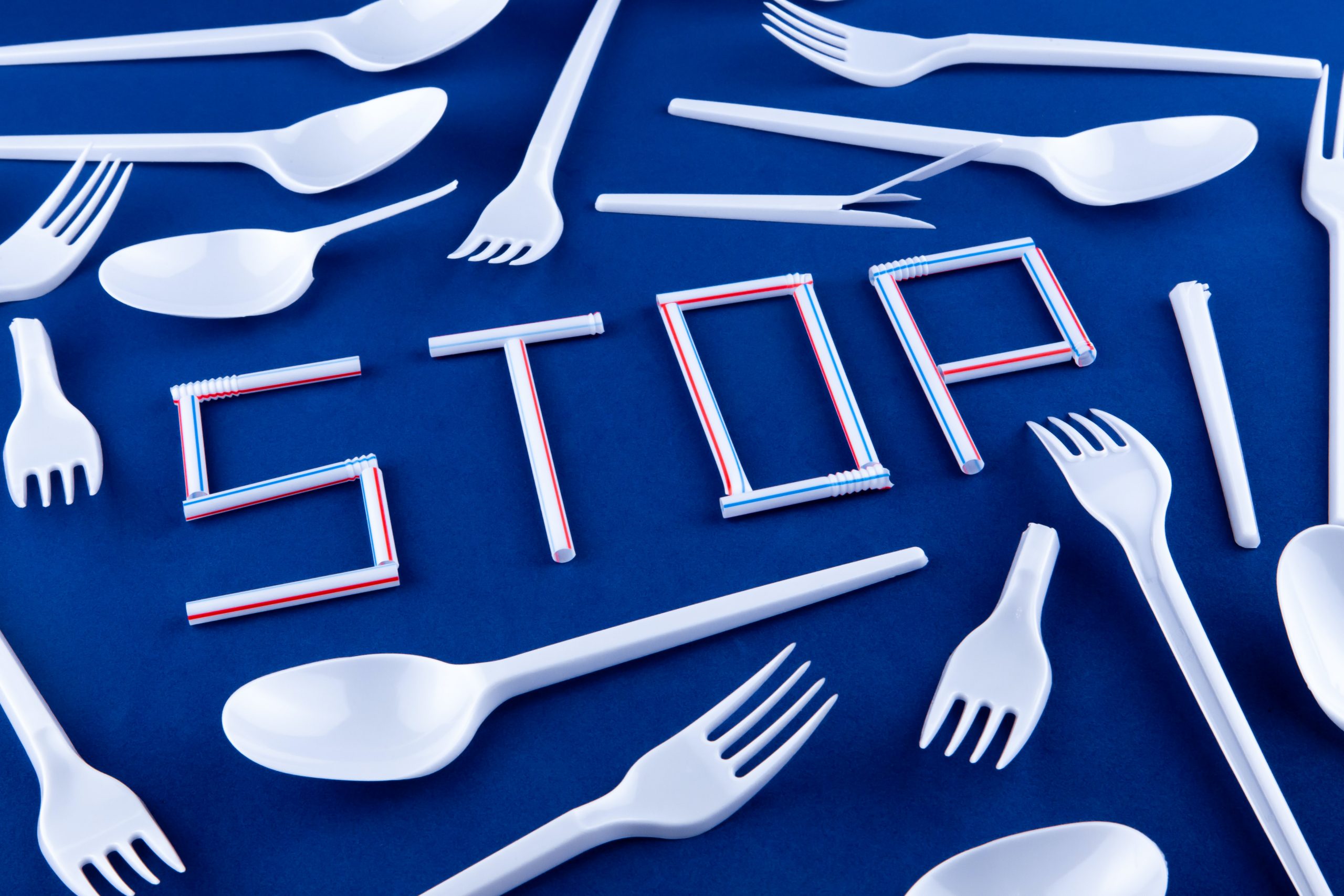Olympic champion and local Cardiff hero Hannah Mills is on a mission to clean up our oceans. As an MBE holder and a European Climate Pact Ambassador Hannah has a massive part to play in the environmental community and utilises her platform accordingly. Alongside the RYA (Royal Yachting Association) Hannah is battling the plastic pollution that is slowly engulfing our oceans and rivers, and leading the way in the new sailing sustainability trend.
She is also inspiring a whole new generation of environmentalists and athletes. Her campaign for a cleaner and brighter future was one of the many bright spots of Tokyo 2020 and will continue to be the case even if Hannah decides to retire. However, until she does so she will continue to bolster her medal tally.

Success and Revelations
Hannah became the most successful female British Olympic sailor with her gold medal in the 470 during Tokyo 2020, which she achieved alongside Eilidh McIntyre. She added the medal to her collection which also includes a silver from London 2012 and a gold from Rio 2016. In terms of sporting accolades and achievements it would be hard to find someone who surpasses Hannah. It was in Rio however that Hannah realised just how serious the plastic crisis is when she was taking to the water.
While practising at Guanabara Bay she noticed how much plastic littered the shore and waters. ‘Where we trained, whenever we launched our boats, we had to literally wade through three metres of plastic and waste.’ This is unfortunately the stark reality for much of the Earth’s oceans.
Such prevalence of plastic in our waters is the result of 12.7 million tonnes of waste entering the ocean each year. This results in about 100 million marine creature deaths due to the hazardous nature of non-degradable plastics. While some companies are looking to cut down on plastics it is far from a solved problem and will continue to snowball. People still continue to use the ocean as the world’s largest tip.
Unfortunately, sporting occasions such as the Olympics contribute to the mass disposal of plastics. It is estimated that up to 750,000 plastic bottles can be generated for such events. That is why it is vital that role models such as Hannah use their platform to champion messages of sustainability and environmentalism at such events.

Spearheading Campaigns and Pledges
Hannah was one of the leading figures in the RYA’s ‘Challenge 6,000’ which looked to remove 6,000 pieces of waste from the ocean during the Olympics. It is part of the British Sailings Team pledge to help fight plastic pollution. She also works alongside local representatives such as Ruth Lliffe who is a Development Officer of RYA in Wales. Ruth speaks about how informed younger generations are on the environment and how the Big Plastic Pledge helps them to focus their efforts on fighting plastic pollution.
The Big Plastic Pledge was launched by Hannah in 2019 and it consists of 9 pledges to help fight plastic pollution:
- Take your own reusable bottle to events
- Take your own reusable coffee or beverage cups
- Take your own reusable containers and cutlery
- Only use metal or reusable straws
- Do not litter when you go outside
- Do not use single use carrier bags
- Create your own merchandise that does not rely on unsustainable materials
- Ensure you think before making decisions that could affect the environment
- Spread the word of the Big Plastic Pledge
- Encourage your local sports clubs to ditch single use plastics
Hannah’s campaign is supported by the International Olympic Committee (IOC) who are committed to fighting plastic pollution with their UN Clean Seas initiative.
In terms of athletes who utilise their platform for positive change it is hard to argue that Hannah is not near the top. Her work opitomises what can be achieved if an athlete dedicates their platform to a progressive message and campaign.

The Importance of Platforms
The core of Hannah’s messaging stems from the fact that she sees the Olympics as more than a competition. In her eyes it is an opportunity to be ‘a good global citizen’. Being able to contribute to an international movement while also doing what you love is something we should all celebrate. Hannah utilises the games to enact positive and constructive change in the world.
Some have argued that being so outspoken and principled as Hannah would, more often than, not result in fewer sponsorships and job opportunities. Hannah denies this assertion as she is sponsored by Schroders and Volvo, who are moving towards making all of their offices free of single-use plastics. There are numerous companies and organisations out there who would jump at the chance to attach their name to such a high profile movement.
While it is often difficult to tell if companies truly believe in the message and person they are sponsoring their support is always welcome. Having recognisable brands and organisations attached to messages, such as Hannah’s, help to legitimise them. Wrongly or rightly people judge a movement by the names attached to it. That is why it is vital that people utilise their platforms across the board to fight environmental concerns and champion initiatives.
Some celebrities are reluctant to be vocal as it jeopardises their marketability. However, if the movement is undeniable in its importance people will support them regardless. Similar messages are already seeping into other aspects of popular culture. The more figures who come out and support the fight against plastic pollution the quicker we will be able to leverage effective changes with governments and companies.

Hannah’s Future
Hannah has made it clear that when she retires from competitive sailing she plans on continuing her sustainability work. Her main goal is to ‘unite all Olympic and professional athletes around the globe and to drive the changes needed.’ Even when not taking direct part in the games Hannah is seeking to influence other athletes into joining her cause and helping the planet. The RYA’s sustainability strategy is designed to take up to a decade, so we will certainly be hearing from Hannah for a long time to come.
The least we can do is support Hannah in her efforts in fighting plastic pollution. This could be in the shape of taking the Big Plastic Pledge and holding ourselves accountable. It could be in pressuring our friends and families into being more conscious about their everyday decisions when it comes to the environment. Potentially, we could even reach out to organisations and our colleagues to ensure that businesses do their part in cutting down the massive amounts of waste they produce.
At The Inclusion Post we have a number of articles which can help you to enact such changes. From growing your own food, finding alternatives to fast fashion, as well as celebrating other environmental heroes such as David Attenborough. We always look to share the most recent sustainability news to keep you updated and informed.
